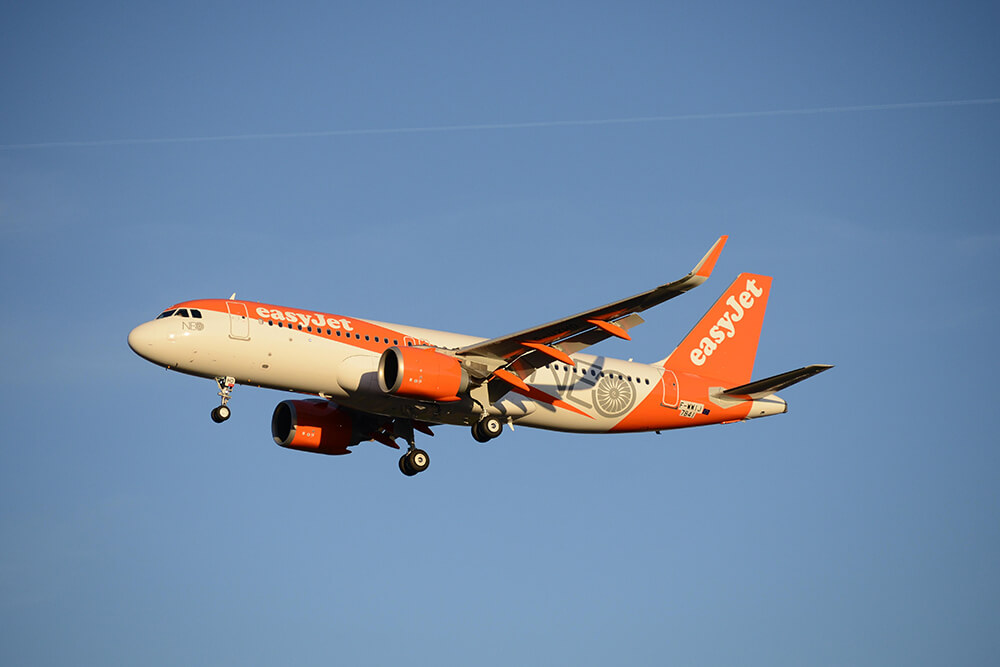EasyJet has poached a top executive from its main rival, Ryanair.
Peter Bellew announced a week ago that he was leaving the Irish airline, where he is chief operations officer.
Bellew, who is credited with turning the fortunes of Ryanair around, is set to join Easyet in the corresponding role – as chief operating officer.
His new boss, easyJet’s chief executive Johan Lundgren, said: “Peter has an exceptional level of experience across commercial and operational roles in both low-cost and full-service airlines and is a great leader with a proven track record in delivering results.
“I believe we have secured the very best person for this role and I am delighted to welcome Peter.”
Commenting on his new role, Bellew said: “I look forward to focusing on the customer and on time performance which is a key driver for success. easyJet have always been an innovator among global low-cost carriers and there is a super opportunity to capitalise on its data and digital skillsets to further improve customer experience and operational performance.”
Meanwhile, the firm has reported that its total revenue for the second-quarter ending 30 June 2019 increased by 11.4% to £1.76 million.
The group posted that its passenger revenue increased to £1.38 million, up 10.7% from £1.25 million in the second-quarter of 2018. Its ancillary revenue increased by 14.3% to £374 million.
EasyJet's load factor stood at 91.7%, slightly down from 93.4% in the corresponding period last year, due to late yield initiatives as well as high prior year comparatives due to industrial action in France and Monarch's bankruptcy.
EasyJet CEO Lundgren added: "EasyJet's third-quarter performance was robust and despite the tougher macroeconomic conditions was in line with expectations. Revenue increased by over 11% with RPS increasing through a combination of successful revenue initiatives, a solid Easter performance and a focus on late yield initiatives, with passenger numbers climbing by two million to over 26 million.
"We remain very focused on delivering our revenue initiatives and driving costs down to enhance our profitability per seat. With second half forward bookings at 78% we have better visibility on the second half and expect to deliver a profit before tax of between £400 million and £440 million, in line with market expectations."

